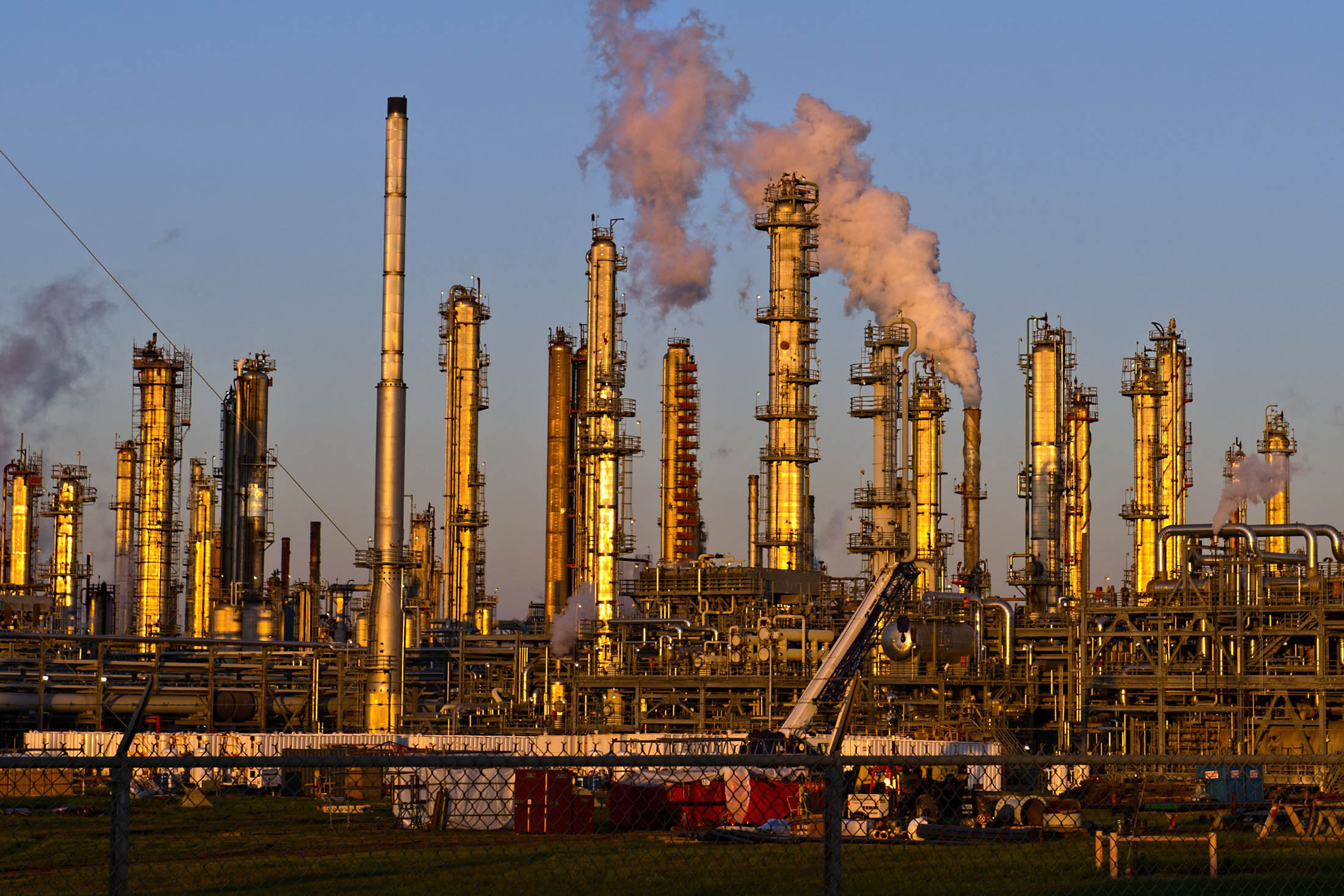
- Commodities
Oil falls amid rising US inventories
Do you want to know how to make money from this?
Register for free and get expert advice, access to a training course and webinars.
Key points:
- Brent oil futures fell 0.69%, WTI futures fell 0.68%.
- US crude oil inventories rose by 509,000 barrels.
- Analysts believe OPEC+ will extend production cuts to support prices.
Oil prices showed a decline on the morning of Wednesday, May 8. Brent crude futures fell 0.69% to $82.59 a barrel, while U.S. WTI crude futures fell 0.68% to trade at $77.85 a barrel.
A number of factors contributed to this decline. First, industry research data showed rising crude oil and fuel inventories in the United States. This indicates a possible weakening in oil demand. Secondly, investors are looking with caution at the upcoming OPEC+ meeting in June, where the issue of production quotas will be discussed. Market expectations regarding a possible increase in supply from cartel member countries are also putting pressure on prices.
US crude oil inventories rise
U.S. crude oil inventories rose unexpectedly by 509,000 barrels in the reporting week ended May 3, according to American Petroleum Institute data released by market sources. The increase also affected gasoline and distillate fuel stocks.
Official stockpiles data due from the US Energy Information Administration (EIA) at 1430 GMT forecast a larger decline of about 1.1 million barrels.
Despite the unexpected increase in inventories, oil markets are supported by cautious optimism due to expectations of supply cuts from OPEC+. Let us remind you that on June 1 there will be a meeting of the cartel, at which the issue of production quotas in the second half of 2024 will be discussed. Analysts believe OPEC+ members will extend additional voluntary cuts aimed at supporting prices.
The Middle Eastern factor
In addition to rising oil reserves, prices have been affected in recent days by the expectation of an imminent truce in Gaza. Some analysts note that the risk premium built into the price of oil is falling.
The United States supports measures to establish dialogue between Israel and Hamas in order to end the fighting. US CIA Director Bill Burns will soon visit Israel for talks with Prime Minister Benjamin Netanyahu.
Despite the possible decline in demand due to the slowdown in economic growth, analysts believe that demand in Asia may increase in the near future, which will support asset prices.
Do you want to know
How to make money from the news
Register for free and get:
- Expert consultation;
- Access to the training course;
- Opportunity to participate in webinars

